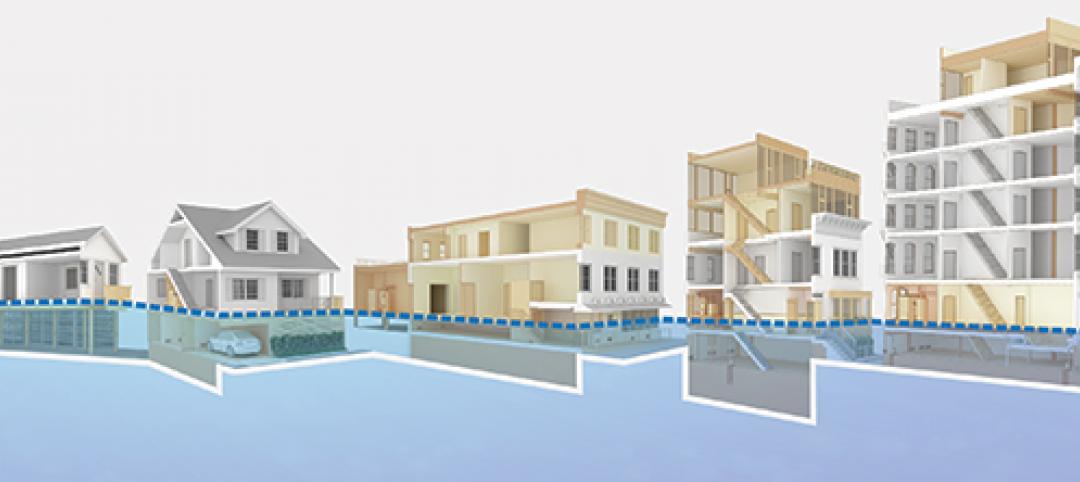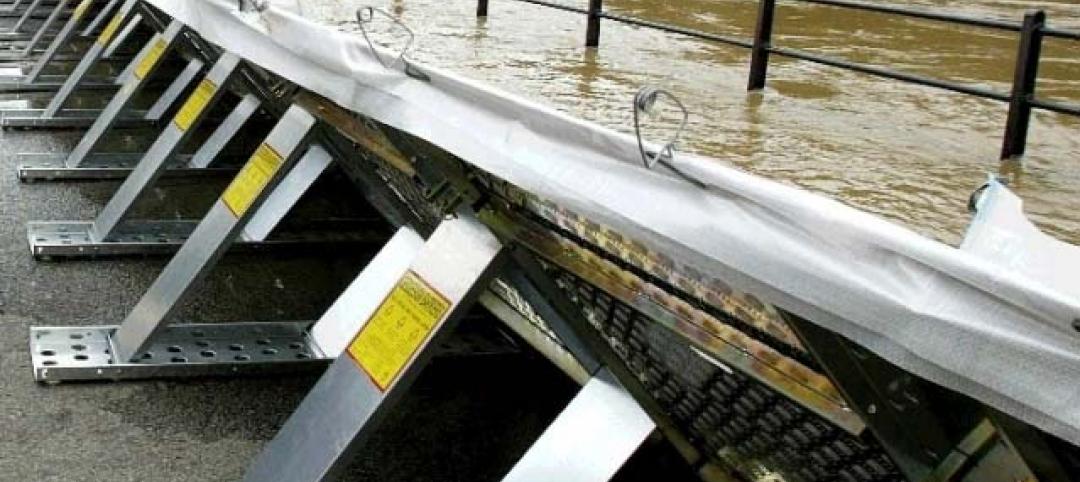ASHRAE recently released “Liquid Cooling Guidelines for Datacom Equipment Centers,” second edition, a guide for implementing liquid cooling systems in data centers. The guide provides guidelines on interface requirements between chilled-water systems and technology cooling systems and on the requirements of liquid-cooled systems that attach to a datacom electronics rack.
Data center rack heat loads are steadily climbing, creating a need for liquid cooling solutions to reduce the volume of airflow needed, ASHRAE says. “There is an increasing interest in liquid-cooled IT equipment at the rack, equipment and component levels,” says Don Beaty, publication chair of Technical Committee 9.9., Mission Critical Facilities, Data Centers, Technology Spaces and Electronic Equipment. “There is also increased interest in reuse of the heat rejected from IT equipment. One of the more important changes to the second edition is the addition of supply water temperature classification.”
The addition of liquid classes can have a similar effect on the industry as the creation of supply air temperature classes did—which was the critical enabler to the use of economizers in data centers, Beaty says. “There are five water temperature classes with the highest temperature class being >45 C (113 F), which opens up possibilities for using the rejected heat for building heating systems,” he said.
Related Stories
| Oct 9, 2014
New York City releases guide for retrofitting buildings against floods
Part of the city’s response to widespread flooding as a result of Hurricane Sandy, the manual offers retrofitting strategies that will enable property owners to reduce the risk of damage and disruption from coastal flooding.
| Oct 9, 2014
Seattle puts restrictions on micro apartments
The Seattle City Council passed new rules that new studio apartments in the city must measure at least 220 sf and contain at least two sinks.
| Oct 9, 2014
Cities get creative with stormwater management
Cities around the world are crafting stormwater management policies that include natural and manmade methods to store and absorb runoff to reduce flooding.
| Oct 2, 2014
Fannie Mae study says affordable rental units more energy efficient than market-rate units
Fannie Mae’s new report on energy usage in the multifamily sector found that affordable properties use 28% less energy per unit and are 29% smaller than market-rate properties.
| Oct 2, 2014
California Energy Commission launches code upgrade process
The California Energy Commission launched the upgrade process to Title 24, the state energy code, last month.
| Oct 2, 2014
Canals to mitigate flooding could be in Boston’s future
The Urban Land Institute held brainstorming sessions over the last several months involving more than 70 engineers, architects, and development and insurance specialists to examine how rising sea levels would affect four representative areas in and around Boston.
| Oct 2, 2014
Los Angeles reverses ban on high-rise slanted roofs and spires
Los Angeles reversed course last month on a regulation that had barred skyscrapers from having slanted roofs or spires.
| Sep 29, 2014
10 common deficiencies in aging healthcare facilities
VOA's Douglas King pinpoints the top issues that arise during healthcare facilities assessments, including missing fire/smoke dampers, out-of-place fire alarms, and poorly constructed doorways.
| Sep 29, 2014
Report finds links between office design, health and productivity
A new report from the World Green Building Council finds “overwhelming evidence” to support office design as a significant influencer of the health, wellbeing and productivity of staff.
| Sep 29, 2014
San Francisco office tower is first U.S. building to earn LEED Platinum v4 certification
One Sansome Street, San Francisco is the first building in the U.S. to achieve LEED Platinum v4 certification. The building is also only the second property worldwide to be awarded with v4 certification.
















